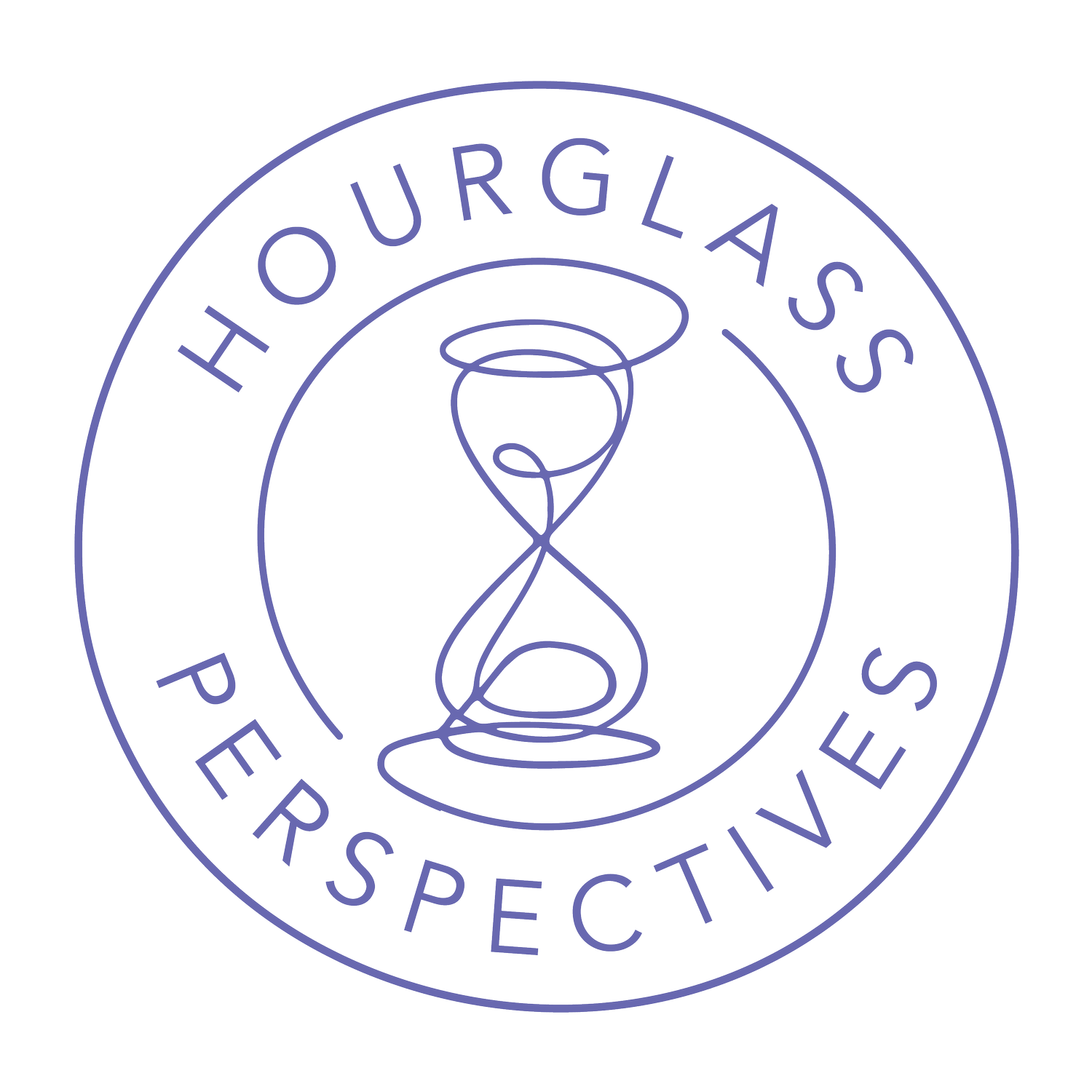Kid Wisdom, Loki, and Not Listening
I'm circling back on this piece from my last message because it seems to be hitting home for people. I'm still struck by my 8-year-old's insight, both as a parent and as a parenting educator.
Let's start at the beginning with a little more context.
Earlier this month, CJ and I were walking up the hill to my in-laws house in a sweet little seaside community on the coast of Maine.
We were talking about a moment earlier that day when he was trying to get my attention, and he called me out because he could tell I wasn't fully listening. I was checking email while nodding my head and delivering the typical generic responses..."oh really?" "Wow, that's wild."
He wasn't going to let that slide. So, I put my phone down and took a deep dive into his endless imagination.
When we were talking about this on our walk later that day, we ended up noticing that CJ's dad and I are often thinking about the past or the future, and he's thinking about the present. This led us to talking about different situations when that has made it hard for either of us to listen to the other.
I was completely struck when he said...
"Kids have a harder time listening because they live more in the moment than moms and dads do."
Maybe I've watched too many Marvel films lately, but it is interesting to think about how we might not be able to hear each other because our brains are focused on two completely different spacetime realities.
I'm just picturing Loki jumping in and out of different timelines, and that's how I feel sometimes when CJ and I are trying to get each other's attention.
It's like we're taking turns trying to get the other person to jump onto our timeline.
Do you ever feel this way?
It does seem to take extra effort to get the other person's attention. Our voices get louder and louder until we can be heard. Or we jump around in front of them waving our arms to see if we can get them to notice our existence.
What else seems to work for you, or for your kid?
There's actually a whole lot of science behind the Quantum world we live in, and that what we notice is a matter of internal perception more than external action. If you like learning about these things, here's a TedTalk.
One of the core beliefs that guides my work is that perception is primary in the challenges we navigate within parent-child (and all) relationships. You can read more about what I have to say on that here, but CJ's insight seems to support it as well.
What does this all mean in terms of getting our kids to listen to us without needing to yell?
Here are my three take-aways that I hope are helpful for you:
The next time I can't get CJ's attention I will surely picture a clip from Loki, which will make me smile, ease my nerves, and help me take a more gracious approach to bringing CJ from his spacetime reality to mine ;)
Facilitators: This is the power of the visual that's behind the use of video clips in RDPED. See lesson 2.4 if you're a member, and save the date for your own experience of it on August 7th (more details soon).
I will continue to use Hourglass Problem Solving for the repetitive patterns that aren't working for me because I know it leads us to shared language, or rather, words that we both perceive as meaningful even if we're not on the same page in that moment. It's what I do to get CJ's attention without yelling. And it sounds like we may need to do an HPS session about me being on my phone while pretending to listen to him. Then we'll have shared language he can use to get my attention without yelling at me :)
CJ's comment has definitely made me more aware of the interesting paradox that parents and children live in. Here I am, as an adult, trying to get out of my head and live more in the moment. But then I get frustrated with CJ when I’m thinking about what needs to happen next, or what the future consequences are for what he’s doing or saying or not doing or not saying. I talked about this in my previous message so I won't go into detail here, but I think I appreciate where he's coming from a bit more, and I've expanded my perspective on the lessons we can both learn from each other. This will soften my frustration with him next time I feel like he's "not listening."
What are your insights or connections?
I'd love to hear them, even if you just want to discuss our shared love of the Avengers. Share your thoughts in the comments below.
If you're an RD Facilitator, I started a discussion thread in the RD Community.
Cheers to a shared reality with more listening and less yelling,
Dr. Heather Cline

